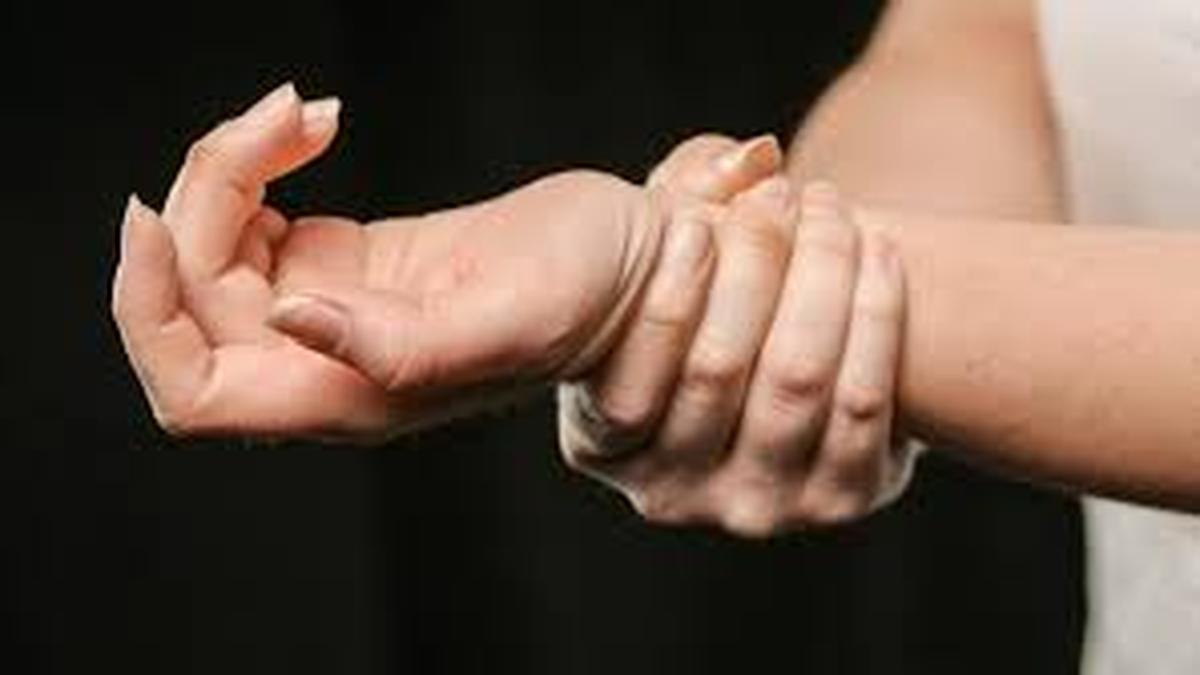
Crack, Pop and Snap: Exploring the science behind your knuckle-cracking habits
The Hindu
Discover the real reasons behind joint cracking and whether it leads to arthritis, exploring various factors and potential consequences.
More often than not, you may happen to hear a crack or a pop from your joints, especially during your PT or PE period and yoga classes. You might have been chided or even scolded for cracking your knuckles and been told it’ll lead to arthritis. Today, let’s explore the real reason behind our noisy joints and whether there’s any factual backing to all the scoldings we have got in the past!
When you stretch your joints, the synovial fluid in your joint, which contains dissolved gases like nitrogen, forms bubbles. Synovial fluid, or joint fluid, is a thick, viscous liquid that lubricates and protects your joints. When we stretch and bend our bodies, these bubbles burst due to the pressure, bringing out the popping sound. Sudden movements also change the pressure within the joint capsule, causing these gas bubbles to form rapidly and then burst, making a cracking sound. However, this is one of the major basic reasons behind the same. If there is pain, swelling, or redness in your joints while cracking them, it might be an indication of an underlying joint issue that needs medical attention. An increase in joint cracking despite having limited movement can also be a symptom of getting checked out by an orthopaedic surgeon or orthopaedist (a doctor who specialises in diagnosing and treating problems related to bones, joints, muscles, and ligaments).
But is this it? Popping of joints is not that simple to crack if we’re looking into the details. The crackling coming from each area often sounds different and it’s not always the gas bubble that makes the sound either.
Another reason for the same can be ligaments and tendons, which are connective tissues in our body, rolling over each other. This also often happens when we suddenly move to do different things, a very common reason why you might hear a pop when you get up from a chair.
Apart from gas bubbles and ligaments, the sound can also come from the fascial layer. The fascial layer refers to a continuous layer of stringy connective tissue that surrounds every structure in your body. It provides support to your body and moves with the same, forming a protective and lubricating layer between the skin and muscle. A poop sound can also arise from this layer. When the skin gets separated from the fascia connected to the muscles, a negative pressure is created (similar to how the gas bubble is formed in the synovial fluid), which leads to the popping sound.
While these are a few common reasons seen for the same, knuckle cracking is much more intricate if pain is involved. Pain in any part of the body is a reminder for you to seek medical attention. While studies have occurred related to this topic, there has not been any concrete scientific evidence of it leading to arthritis. However, continuous knuckle-cracking habits might loosen up your joints over the years, which can accelerate the chances of your joints weakening. This can lead to inflammation and stiffness in your joints over time. The popular saying of how too much of anything is harmful and toxic can definitely be applied here as well. Ensuring you have an active lifestyle and good posture can help in ensuring the cons of knuckle cracking do not catch up to you in your old age when perhaps the cracking might start sounding annoying to you as well!
niranjana.ps@thehindu.co.in













